Books - International Booker Prize Longlist
The judges of the 2022 International Booker Prize have revealed the 13 novels longlisted for this year's prestigious award which celebrates the finest translated fiction from around the world...
Press Release
Complementing the Booker Prize for Fiction, the prize is awarded every year for a single book that is translated into English and published in the UK or Ireland. It aims to encourage more publishing and reading of quality works of imagination from all over the world, and to give greater recognition to the role of translators. Novels and short story collections are eligible. The contribution of author and translator is given equal recognition, with the £50,000 prize split evenly between them. In addition, for the first time in 2022, the shortlisted authors and translators will each receive £2,500, increased from £1,000 in previous years - bringing the total value of the prize to £80,000.
This year the judges considered 135 books, with a record number of submissions received. The resulting longlist includes works which are translated from 11 languages and originate from 12 countries across four continents – including Hindi for the first time. The list includes previous winners Olga Tokarczuk, Jennifer Croft, David Grossman and Jessica Cohen, alongside authors translated into English for the first time. Dominated by independent presses with a mission for bringing the world’s fiction to English-speaking readers, Tilted Axis, the publisher founded by Man Booker International Prize winner Deborah Smith, appears on the list for the first time with three titles.
The longlist was selected by the 2022 judging panel, which consists of: translator, Frank
Wynne (chair); author and academic Merve Emre; writer and lawyer Petina Gappah; writer, comedian and TV, radio and podcast presenter, Viv Groskop; and translator and author Jeremy Tiang. This is the first time a translator has chaired the panel.
Frank Wynne said, "Borges famous believed that paradise would be “a kind of library”, and spending the past year in the company of some of the world’s great writers and their equally gifted translators has been a kind of heaven. From the intimate to the epic, the numinous to the profane, the books make up a passionately-debated longlist that trace a ring around the world. These 13 titles from 12 countries and 11 languages explore the breadth and depth of human experience, and are a testament to the power of language and literature."
Here's the full longlist (in no particular order and with synopses from Amazon):
Cursed Bunny, written by Bora Chung, translated by Anton Hur from Korean; published by Honford Star
Cursed Bunny is a genre-defying collection of short stories by Korean author Bora Chung.
Blurring the lines between magical realism, horror, and science-fiction, Chung uses elements of the fantastic and surreal to address the very real horrors and cruelties of patriarchy and capitalism in modern society.
Anton Hur's translation skilfully captures the way Chung's prose effortlessly glides from being terrifying to wryly humorous.
From a major new international voice, mesmerizing, inventive fiction that probes the tender places where human longings push through the cracks of a breaking world.
Blurring the lines between magical realism, horror, and science-fiction, Chung uses elements of the fantastic and surreal to address the very real horrors and cruelties of patriarchy and capitalism in modern society.
Anton Hur's translation skilfully captures the way Chung's prose effortlessly glides from being terrifying to wryly humorous.
After the Sun, written by Jonas Eika, translated by Sherilyn Nicolette Hellberg from Danish; published by Lolli Editions
Under Cancún's hard blue sky, a beach boy provides a canvas for tourists desires, seeing deep into the worlds underbelly. An enigmatic encounter in Copenhagen takes an IT consultant down a rabbit hole of speculation that proves more seductive than sex. The collapse of a love triangle in London leads to a dangerous, hypnotic addiction. In the Nevada desert, a grieving man tries to merge with an unearthly machine.
After the Sun opens portals to our newest realities, haunting the margins of a globalized world that's both saturated with yearning and brutally transactional. Infused with an irrepressible urgency, Eika's fiction seems to have conjured these far-flung characters and their encounters in a single breath. Juxtaposing startling beauty with grotesquery, balancing the hyper-realistic with the fantastical as though the worlds he describes are being viewed through an ultraviolet filter, in one Danish reviewer's words he has invented new modes of storytelling for an era when the old ones no longer suffice.
A New Name Septology VI-VII, written by Jon Fosse, translated by Damion Searls from Norwegian; published by Fizcarraldo
More Than I Love My Life, written by David Grossman, translated by Jessica Cohen from Hebrew; published by Vintage, Johnathan Cape
On a kibbutz in Israel in 2008, Gili is celebrating the ninetieth birthday of her grandmother Vera, the adored matriarch of a sprawling and tight-knit family. But festivities are interrupted by the arrival of Nina: the iron-willed daughter who rejected Vera's care; and the absent mother who abandoned Gili when she was still a baby.
Nina's return to the family after years of silence precipitates an epic journey from Israel to the desolate island of Goli Otok, formerly part of Yugoslavia. It was here, five decades earlier, that Vera was held and tortured as a political prisoner. And it is here that the three women will finally come to terms with the terrible moral dilemma that Vera faced, and that permanently altered the course of their lives.
More Than I Love My Life is a sweeping story about the power of love and loving with courage. A novel driven by faith in humanity even in our darkest moments, it asks us to confront our deepest held beliefs about a woman's duty to herself and to her children.
The Book of Mother, written by Violaine Huisman, translated by Leslie Camhi from French; published by Virago
But when Maman is hospitalised after a third divorce and breakdown, everything changes. Even as Violaine and her sister long for their mother's return, once she's back Maman's violent mood swings and flagrant disregard for personal boundaries soon turn their home into an emotional landmine. As the story of Catherine's own traumatic childhood and coming of age unfolds, the pieces come together to form an indelible portrait of a mother as irresistible as she is impossible, as triumphant as she is transgressive.
With spectacular ferocity of language, a streak of dark humor and stunning emotional bravery, The Book of Mother is an exquisitely wrought story of a mother's dizzying heights and devastating lows, and a daughter who must hold her memory close in order to let go.
Heaven, written by Mieko Kawakami, translated by Samuel Bett and David Boyd from Japanese; published by Pan Macmillan, Picador
In Heaven, a fourteen-year old boy is tormented for having a lazy eye. Instead of resisting, he chooses to suffer in silence. The only person who understands what he is going through is a female classmate, Kojima, who experiences similar treatment at the hands of her bullies. Providing each other with immeasurable consolation at a time in their lives when they need it most, the two young friends grow closer than ever. But what, ultimately, is the nature of a friendship when your shared bond is terror?
Unflinching yet tender, sharply observed, intimate and multi-layered, this simple yet profound novel stands as yet another dazzling testament to Mieko Kawakami’s uncontainable talent. There can be little doubt that it has cemented her reputation as one of the most important young authors at work today.
Paradais, written by Fernanda Melchor, translated by Sophie Hughes from Spanish; published by Fitzcarraldo Editions
Inside a luxury housing complex, two misfit teenagers sneak around and get drunk. Franco Andrade, lonely, overweight, and addicted to porn, obsessively fantasizes about seducing his neighbor – an attractive married woman and mother – while Polo dreams about quitting his gruelling job as a gardener within the gated community and fleeing his overbearing mother and their narco-controlled village. Each facing the impossibility of getting what he thinks he deserves, Franco and Polo hatch a mindless and macabre scheme. Written in a chilling torrent of prose by one of our most thrilling new writers, Paradais explores the explosive fragility of Mexican society – fractured by issues of race, class and violence – and how the myths, desires, and hardships of teenagers can tear life apart at the seams.
Love in the Big City, written by Sang Young Park, translated by Anton Hur from Korean; published by Tilted Axis Press
A funny, transporting, surprising, and poignant novel that was one of the highest-selling debuts of recent years in Korea, Love in the Big City tells the story of a young gay man searching for happiness in the lonely city of Seoul
Young is a cynical yet fun-loving Korean student who pinballs from home to class to the beds of recent Tinder matches. He and Jaehee, his female best friend and roommate, frequent nearby bars where they push away their anxieties about their love lives, families, and money with rounds of soju and ice-cold Marlboro Reds that they keep in their freezer. Yet over time, even Jaehee leaves Young to settle down, leaving him alone to care for his ailing mother and to find companionship in his relationships with a series of men, including one whose handsomeness is matched by his coldness, and another who might end up being the great love of his life.
Happy Stories, Mostly, written by Norman Erikson Pasaribu, translated by Tiffany Tsao from Indonesian; published by Tilted Axis Press
Inspired by Simone Weil’s concept of ‘decreation’ and drawing on Batak and Christian cultural elements, in Happy Stories, Mostly Pasaribu puts queer characters in situations and plots conventionally filled by hetero characters.
In one story, a staff member is introduced to their new workplace - a department of Heaven devoted to archiving unanswered prayers. In another, a woman’s attempt to vacation in Vietnam after her gay son commits suicide turns into a nightmarish failed escape. And in a speculative-historical third, a young man finds himself haunted by the tale of a giant living in colonial-era Sumatra.
Elena Knows, written by Claudia Piñeiro, translated by Frances Riddle from Spanish; published by Charco Press
Phenotypes, written by Paulo Scott, translated by Daniel Hahn from Portuguese; published by And Other Stories
Tomb of Sand, written by Geetanjali Shree, translated by Daisy Rockwell from Hindi; published by Tilted Axis Press
An eighty-year-old woman slips into a deep depression at the death of her husband, then resurfaces to gain a new lease on life. Her determination to fly in the face of convention including striking up a friendship with a hijra (trans) woman confuses her bohemian daughter, who is used to thinking of herself as the more 'modern' of the two. At the older woman's insistence they travel back to Pakistan, simultaneously confronting the unresolved trauma of her teenage experiences of Partition, and re\-evaluating what it means to be a mother, a daughter, a woman, a feminist. Rather than respond to tragedy with seriousness, Geetanjali Shree's playful tone and exuberant wordplay results in a book that is engaging, funny, and utterly original, at the same time as being an urgent and timely protest against the destructive impact of borders and boundaries, whether between religions, countries, or genders.
The shortlist for the prize will be announced on 7 April 2022 at The London Book Fair and the winner on 26 May 2022 at a ceremony at One Marylebone in London.
For further information on the 2022 International Booker Prize, please visit http://www.thebookerprizes.com/IBP2022

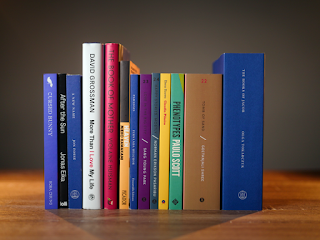
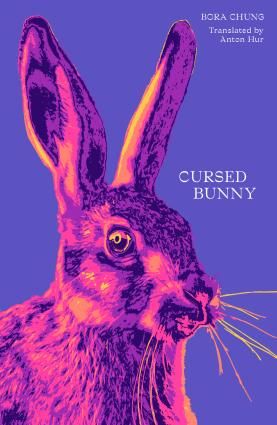
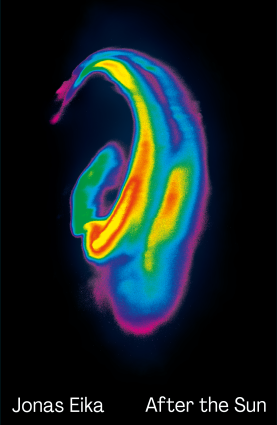
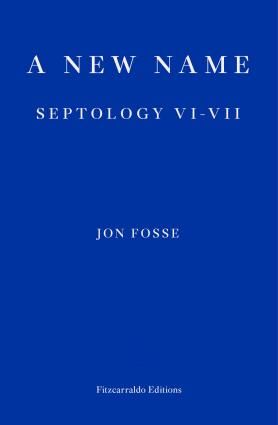



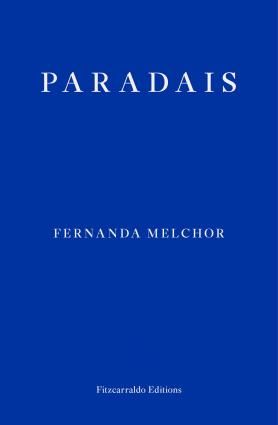
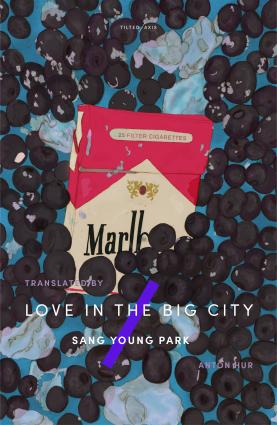

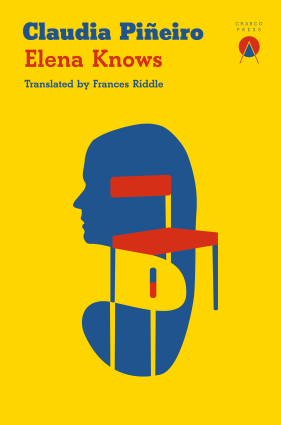
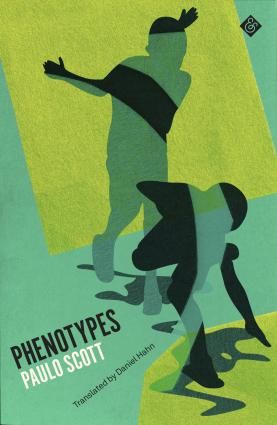
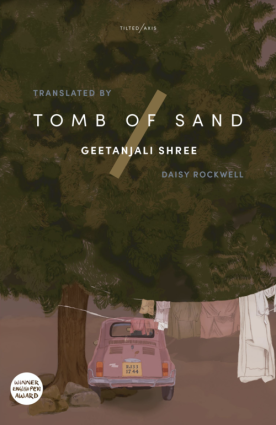
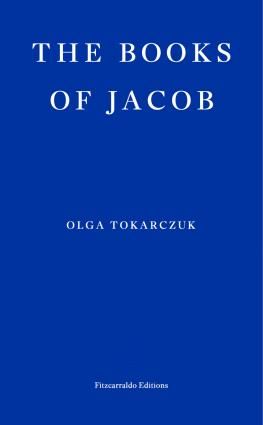




Post a Comment